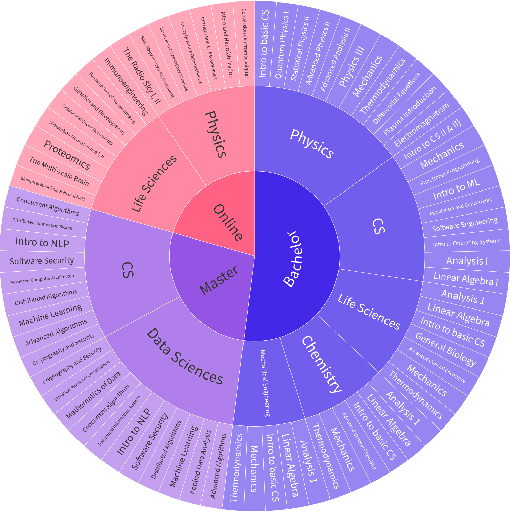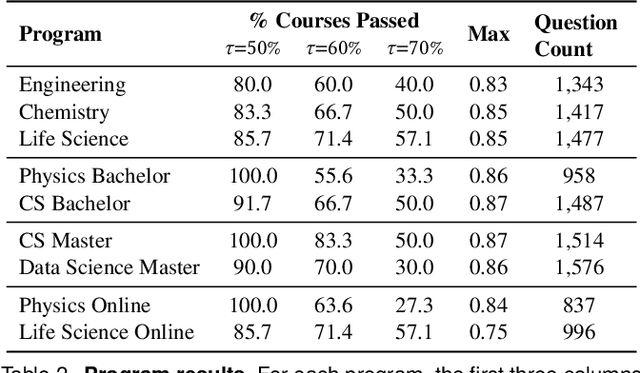Puck van Gerwen
Integer linear programming for unsupervised training set selection in molecular machine learning
Oct 21, 2024



Abstract:Integer linear programming (ILP) is an elegant approach to solve linear optimization problems, naturally described using integer decision variables. Within the context of physics-inspired machine learning applied to chemistry, we demonstrate the relevance of an ILP formulation to select molecular training sets for predictions of size-extensive properties. We show that our algorithm outperforms existing unsupervised training set selection approaches, especially when predicting properties of molecules larger than those present in the training set. We argue that the reason for the improved performance is due to the selection that is based on the notion of local similarity (i.e., per-atom) and a unique ILP approach that finds optimal solutions efficiently. Altogether, this work provides a practical algorithm to improve the performance of physics-inspired machine learning models and offers insights into the conceptual differences with existing training set selection approaches.
Could ChatGPT get an Engineering Degree? Evaluating Higher Education Vulnerability to AI Assistants
Aug 07, 2024



Abstract:AI assistants are being increasingly used by students enrolled in higher education institutions. While these tools provide opportunities for improved teaching and education, they also pose significant challenges for assessment and learning outcomes. We conceptualize these challenges through the lens of vulnerability, the potential for university assessments and learning outcomes to be impacted by student use of generative AI. We investigate the potential scale of this vulnerability by measuring the degree to which AI assistants can complete assessment questions in standard university-level STEM courses. Specifically, we compile a novel dataset of textual assessment questions from 50 courses at EPFL and evaluate whether two AI assistants, GPT-3.5 and GPT-4 can adequately answer these questions. We use eight prompting strategies to produce responses and find that GPT-4 answers an average of 65.8% of questions correctly, and can even produce the correct answer across at least one prompting strategy for 85.1% of questions. When grouping courses in our dataset by degree program, these systems already pass non-project assessments of large numbers of core courses in various degree programs, posing risks to higher education accreditation that will be amplified as these models improve. Our results call for revising program-level assessment design in higher education in light of advances in generative AI.
EquiReact: An equivariant neural network for chemical reactions
Dec 13, 2023Abstract:Equivariant neural networks have considerably improved the accuracy and data-efficiency of predictions of molecular properties. Building on this success, we introduce EquiReact, an equivariant neural network to infer properties of chemical reactions, built from three-dimensional structures of reactants and products. We illustrate its competitive performance on the prediction of activation barriers on the GDB7-22-TS, Cyclo-23-TS and Proparg-21-TS datasets with different regimes according to the inclusion of atom-mapping information. We show that, compared to state-of-the-art models for reaction property prediction, EquiReact offers: (i) a flexible model with reduced sensitivity between atom-mapping regimes, (ii) better extrapolation capabilities to unseen chemistries, (iii) impressive prediction errors for datasets exhibiting subtle variations in three-dimensional geometries of reactants/products, (iv) reduced sensitivity to geometry quality and (iv) excellent data efficiency.
 Add to Chrome
Add to Chrome Add to Firefox
Add to Firefox Add to Edge
Add to Edge